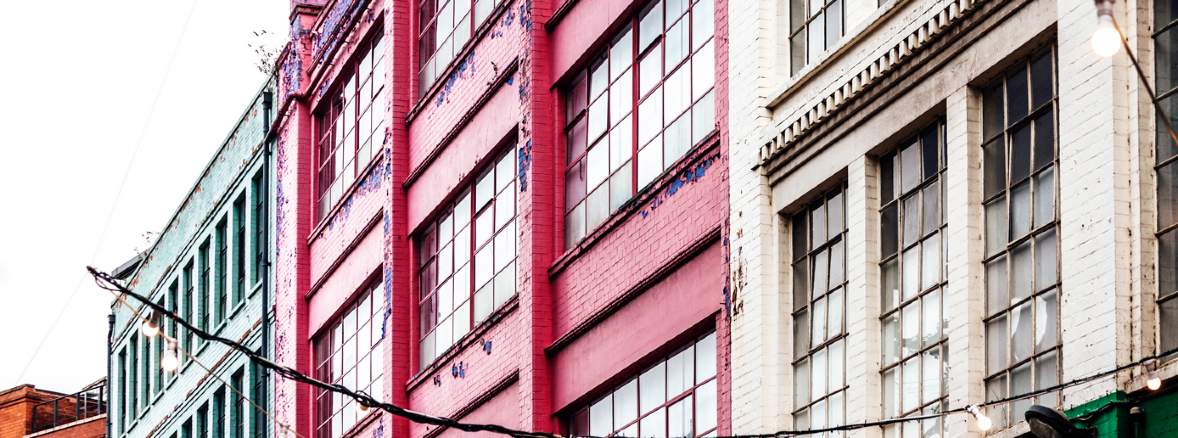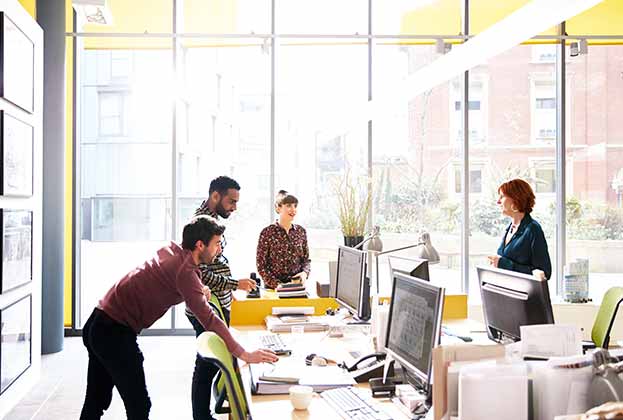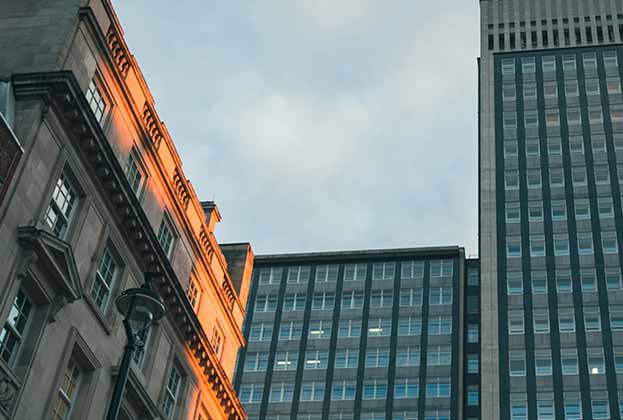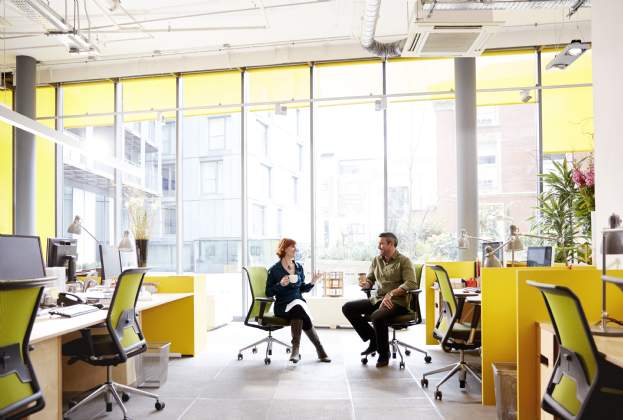Meanwhile space, also known as temporary or pop-up space, has emerged as a dynamic solution to repurpose vacant or underutilised properties across the UK. These spaces serve as a bridge between the initial vacancy and long-term development, injecting life, creativity, and economic activity into neglected areas, and often act as community-driven spaces, creating opportunities for local businesses, entrepreneurs, and start-ups. They can provide a launchpad for arts or cultural experiences, or emerging entrepreneurs to test their ideas, engage with customers, and gain visibility at a more affordable price point without the financial burden of long-term leases or high overhead costs. By supporting local businesses and talent, meanwhile spaces contribute to the growth and vitality of the local economy.
In London, an estimated 25,000 commercial properties are currently empty, with around half having been unused for more than two years, equating to 6.5 million sq m (70 million sq ft) vacant space, equivalent to 27 times the footprint of Westfield London, Europe’s largest shopping centre. However, solutions are available. Meanwhile Space CIC is a social enterprise that collaborates with property owners and local authorities to transform vacant properties into temporary spaces for community benefits. They’ve worked on various projects throughout London, revitalising unused buildings for a range of purposes, such as coworking spaces, arts venues, and community hubs. One of their key initiatives has been their partnership with Network Rail to bring multiple railway arches, due for future redevelopment, into meanwhile use. The arches have formed a series of follow-on spaces for the wider Meanwhile Space network of 11,000 people seeking temporary space to develop ideas. Fourteen arches were taken in the first and second phases on an affordable rent (representing 50 per cent of the market rate) by start-up creative enterprises, with some early tenants then transitioning to become commercial rate tenants of Network Rail.
Both private developers and planners should encourage meanwhile use of space prior to development as a good opportunity for providers to test concepts, provide a service to the local community, and brand a site while it’s undergoing redevelopment. The Old Granada Studios in Manchester underwent a meanwhile use phase before its redevelopment into a mixed-use development. During this period, various temporary events and exhibitions were held, showcasing art, music, and cultural activities, and allowed local businesses, artists, and makers to set up shop and offer unique experiences to residents and visitors.
There is also potential for meanwhile spaces to become permanent when they fulfil a community need, demonstrate viability, and generate positive impact. The transition from temporary to permanent status often depends on factors such as community support, financial sustainability, and the ability to secure long-term funding or development opportunities. Wapping Wharf in Bristol, for example, saw a number of shipping containers hosting different uses go up on a temporary basis but these businesses were so successful the containers are now being replaced with permanent space to house them. Another well-known example is The Custard Factory in Digbeth, Birmingham (pictured above), which was transformed into a meanwhile space for artists, designers, and creative businesses. Over time, it has become a permanent hub for creative industries, housing numerous studios, galleries, shops, and event spaces. Not only has it created affordable and vibrant space in its own right but it has also been a catalyst for the growth of the surrounding area.
These initiatives have activated neglected areas, supported creative industries, fostered entrepreneurship, and enhanced community engagement. The success of meanwhile space lies in its ability to provide a temporary platform for economic, social, and cultural activities while paving the way for future development. As UK cities continue to evolve, meanwhile space will play an essential role in creating dynamic and inclusive urban environments.
Further information
How different global cities are delivering affordable workspaces



.jpg)
.jpg)

.jpg)
.jpg)
.jpg)
.jpg)
.jpg)